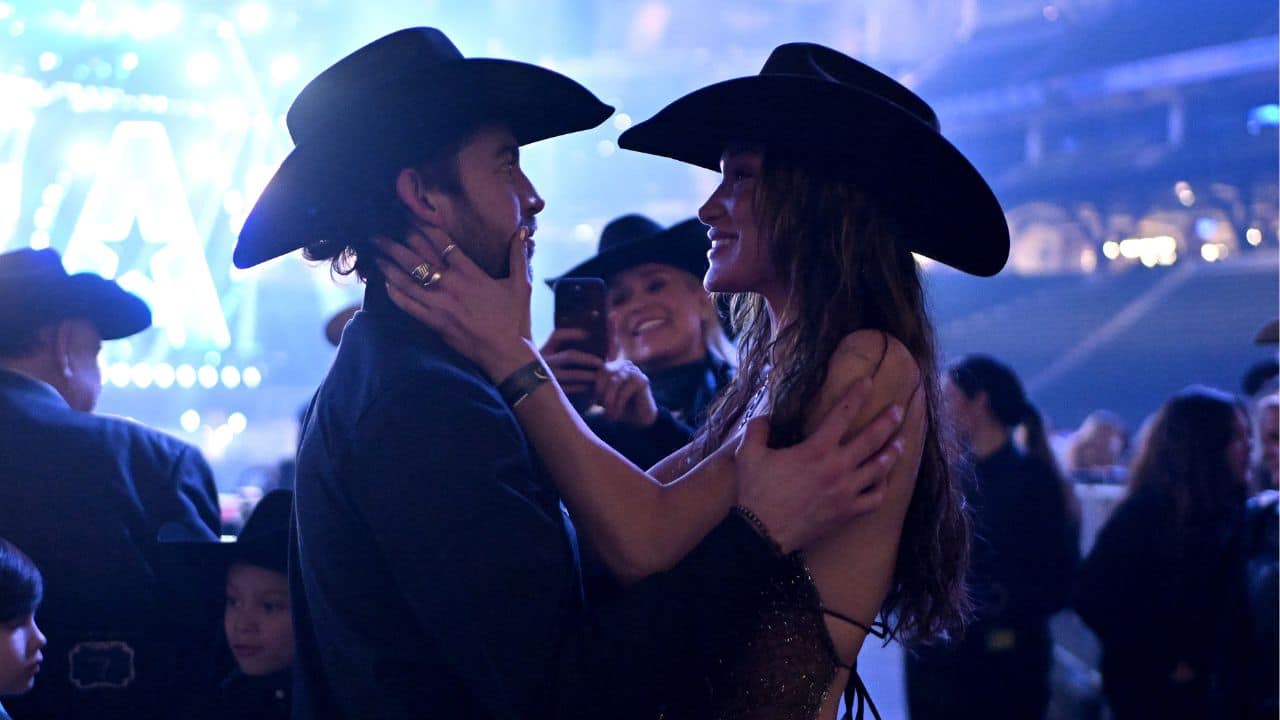It’s Finally Justina Machado’s Time to Shine
Photo: Getty Images
On Monday, beloved (and not to mention, underrated) actress Justina Machado sat down for a wide-ranging interview with the Los Angeles Times.
In it, Machado covers everything from her lengthy career, to the sad state of Latinx representation in Hollywood, to the offensive phone call she had with a tone-deaf TV exec in the ’90s.
Finally, after almost 25 years of hard work in Hollywood, Machado is dominating America’s Monday nights with two high-profile gigs: a spot on “Dancing With the Stars” and the return of “One Day At a Time” to CBS after it was unceremoniously dropped by Netflix.
Naturally, with so much on her plate, the Puerto Rican actress in not only mentally, but physically exhausted. After all, “Dancing With the Stars” is notorious for its grueling practice and shoot schedules. “Every day when I come home, my routine is dunking my feet in [an ice bath],” she told the LA Times. “The first week and a half of rehearsals, forget about it–I was crying.”
But Machado is glad that she took the DWTS opportunity for what it means in terms of Latinx representation on network television.
“The thing about ‘Dancing With the Stars’ is it reaches so many more homes than [‘One Day at a Time’]…,” she told the publication. “I know they’ve had Latinas on the show, but they need a whole lot more. And so I was like, ‘I’m going to do that. I’m going to be that Puerto Rican woman that’s on that show.’”
Throughout the interview, Machado gets candid about what it’s like to be a Latina in the American entertainment industry–which is an unforgiving business.
She described the beginning of her career as plagued by insecurity. Before she began a professional acting career, Machado was convinced she couldn’t make it as an actor because professional acting “wasn’t a part of [her] world.” “Nobody was an actor in Chicago that I knew, in my neighborhood, in the inner city of Chicago,” she explained.
After she finally established her footing in Hollywood, she was then met with further doors slammed in her face in the form of racism and anti-Latino sentiment.
Like when an executive called her to tell her why her TV show wasn’t moving forward, back in the ’90s.
“He literally called my house, nice man… and said, ‘My God, your pilot is so great. Everybody loves you, everybody. But we don’t think America is ready for a Latino family.’”
What’s depressing about this story is that Latino representation onscreen still hasn’t gotten much better over 20 years later. But Machado is hopeful that the tides of change are turning
“That was acceptable for him to say…Like, what? And that was the ’90s! And look at today. How many Latino families do you see on television? So America better get ready because we’re here. We’re here.” We know that if Machado has anything to do with the future of TV, we’ll be seeing Latino families more and more often.

![Sound the alarms! Shakira just announced the dates off her "Las Mujeres Ya No Lloran" world tour, when she calls the "tour of [her] life."](https://d18ufwot1963hr.cloudfront.net/wp-content-production/uploads/2024/04/Untitled-design-117.jpg)


